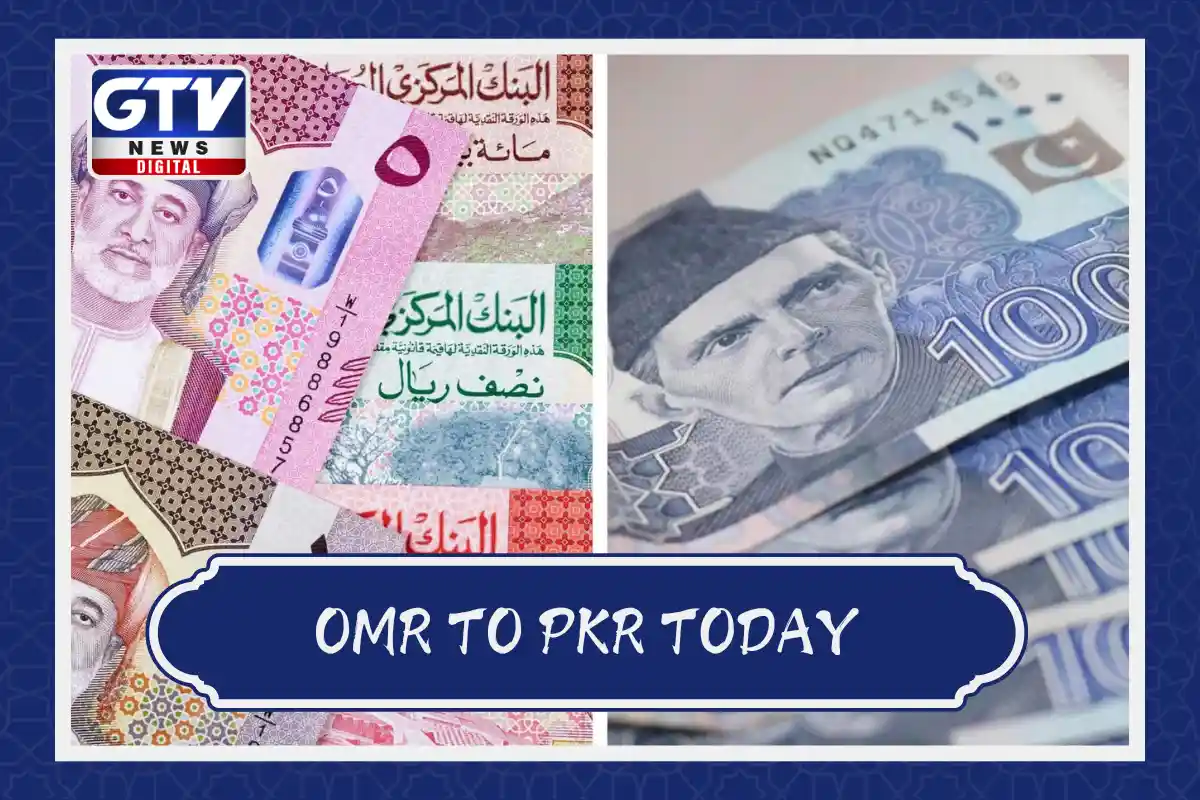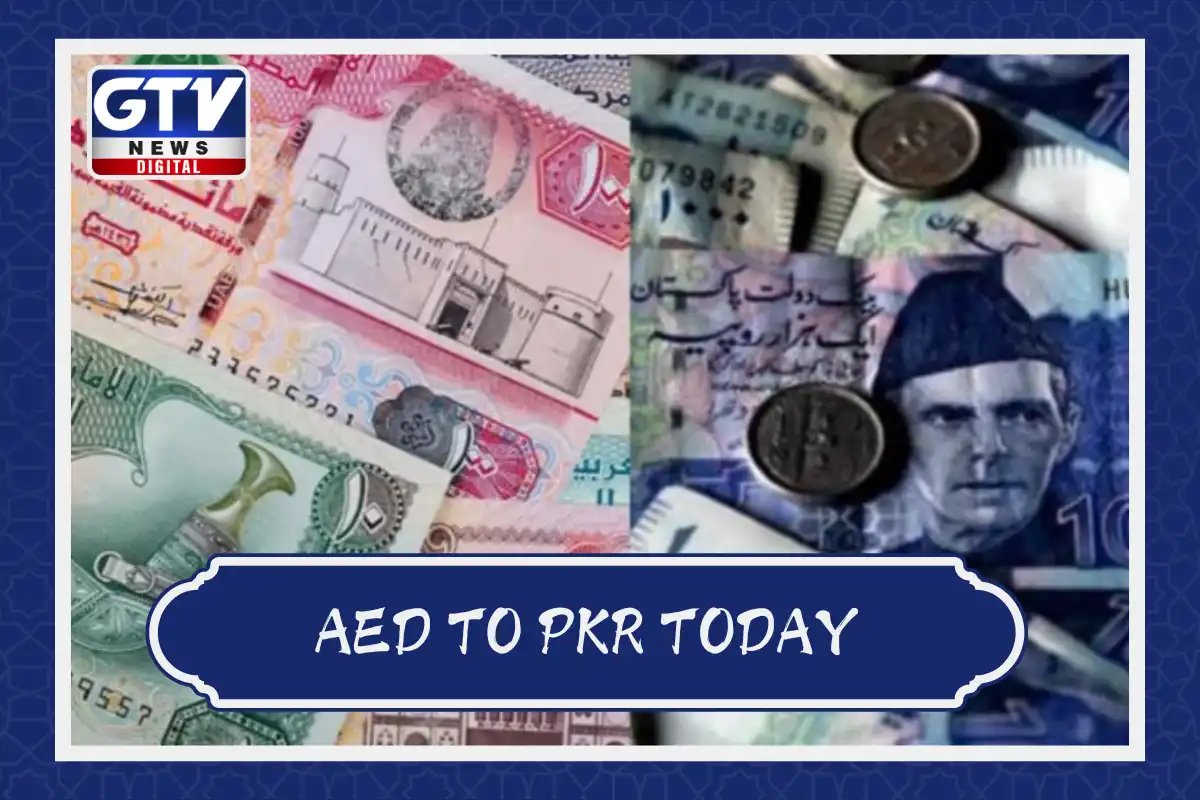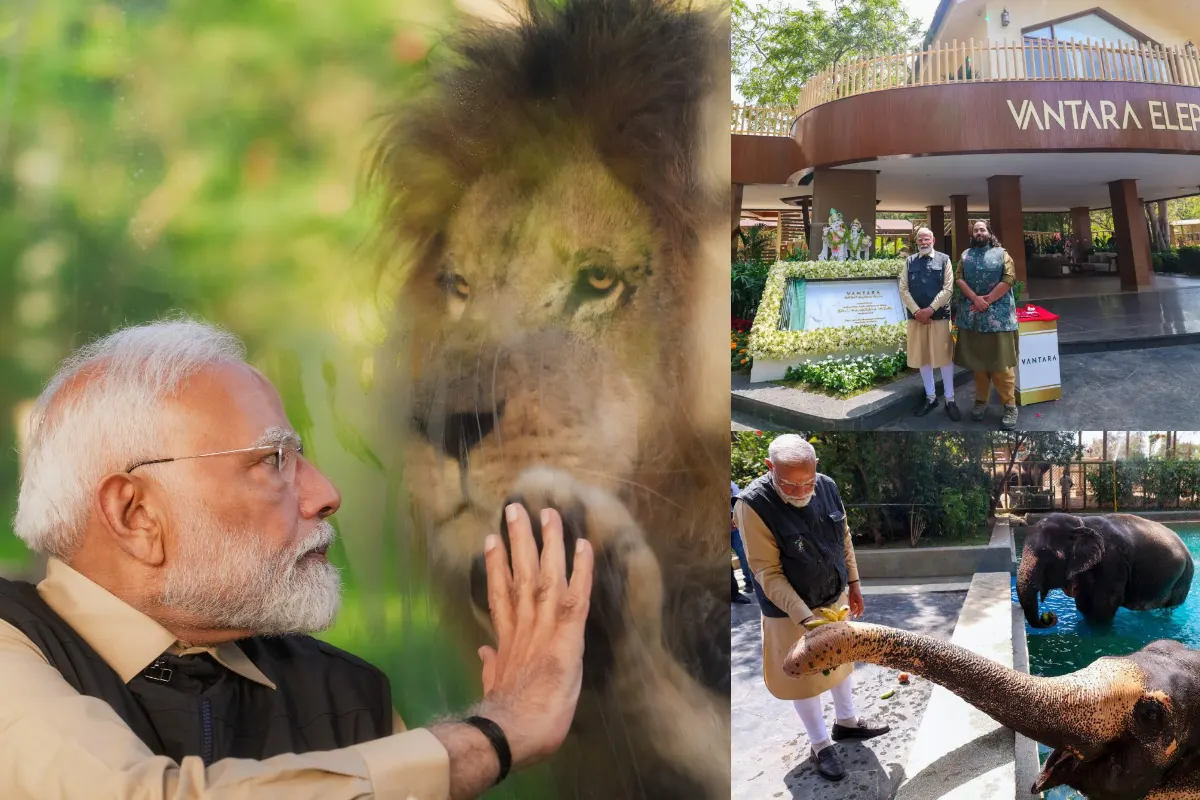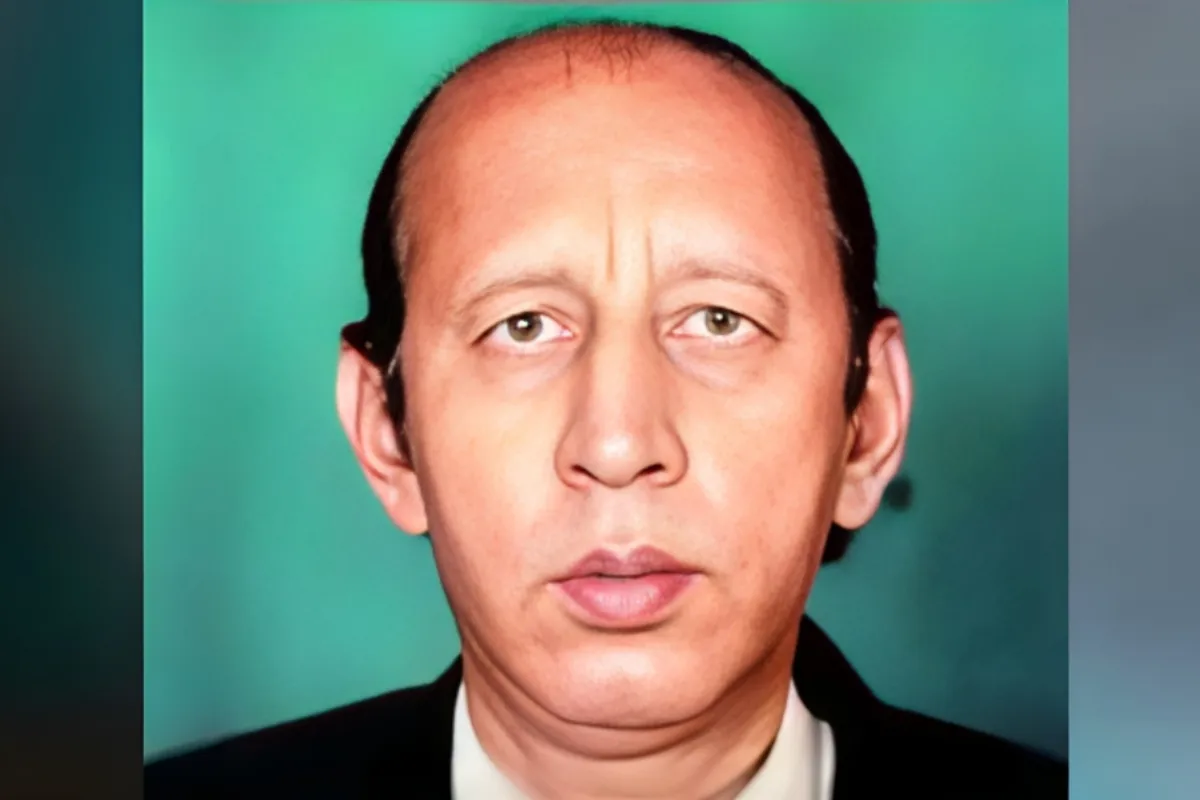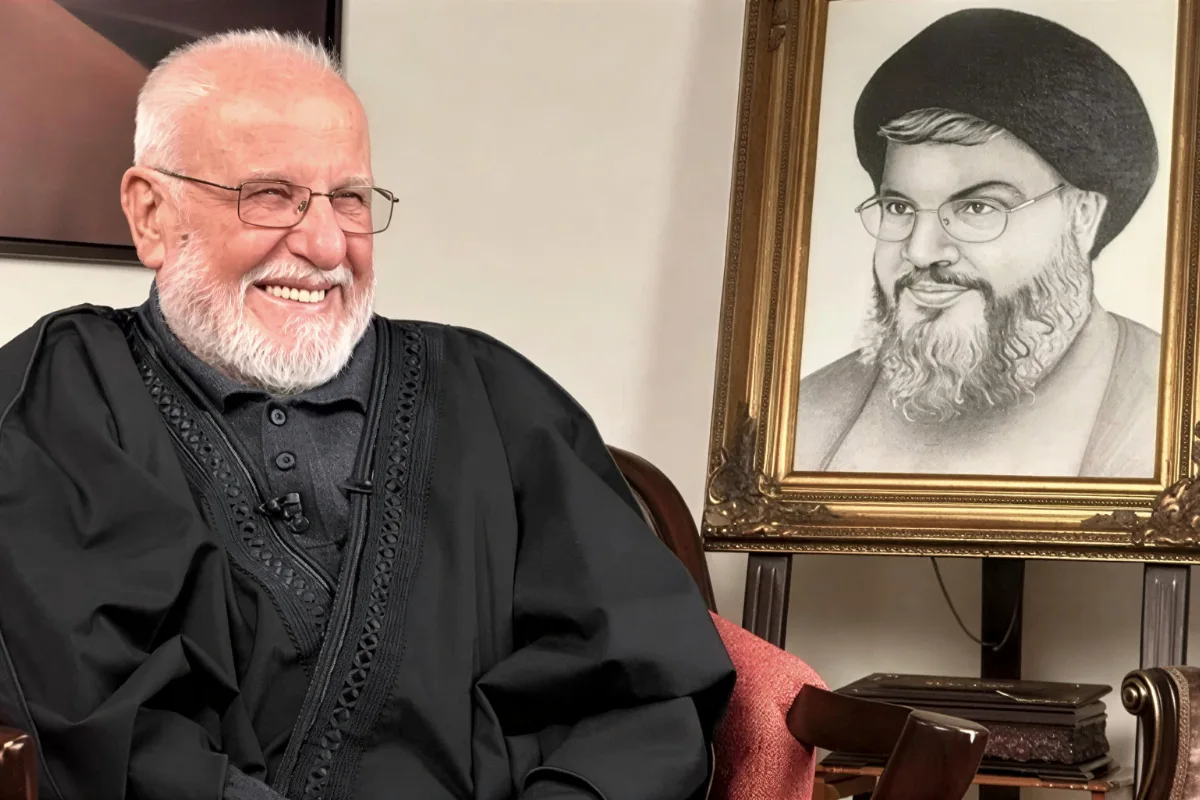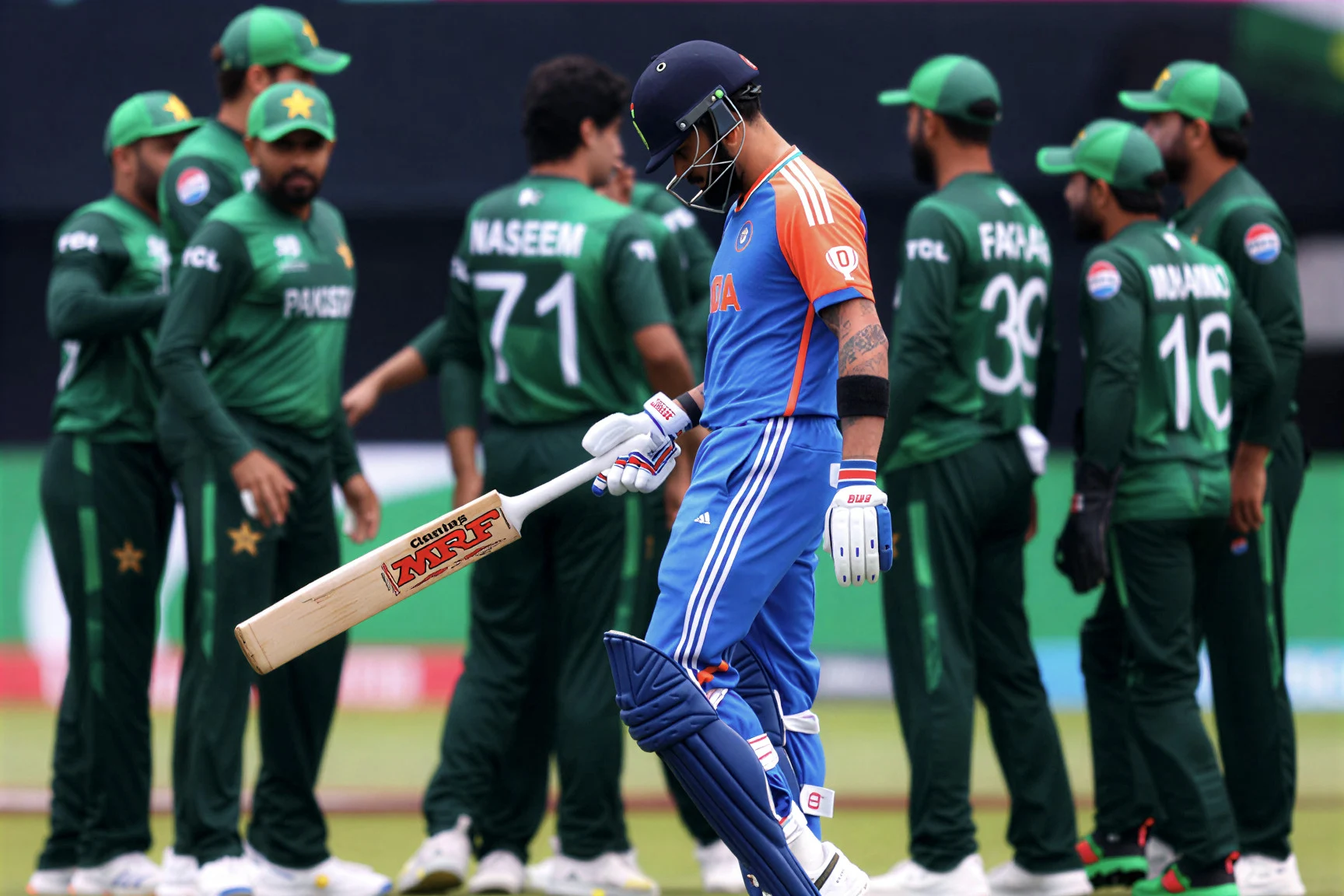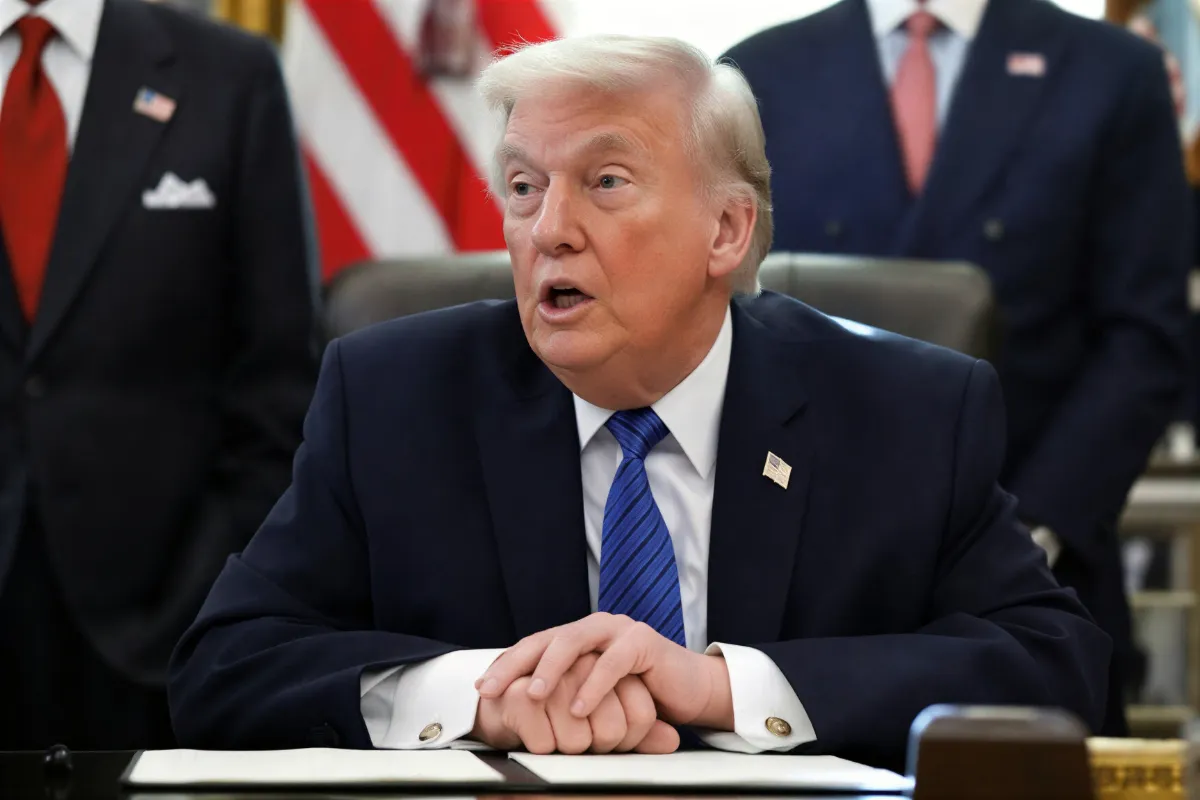Indian Government, Media Lied to Public During Operation Sindoor: The Washington Post
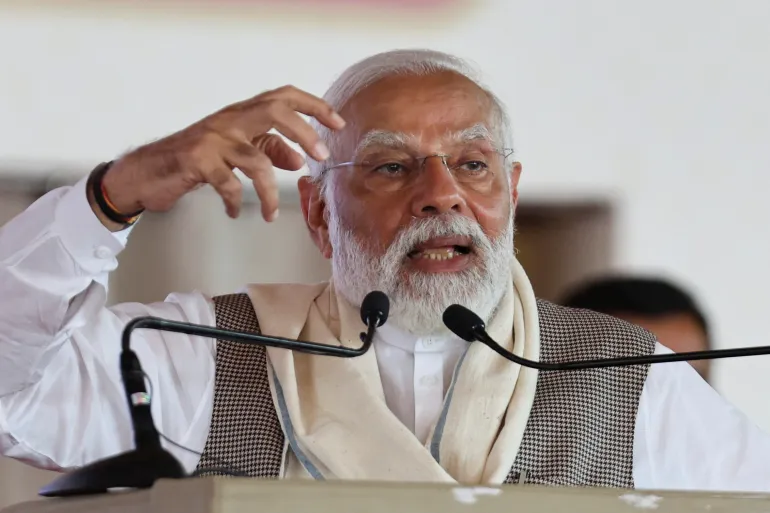
Indian Government, Media Lied to Public During Operation Sindoor: The Washington Post
In an international embarrassment, The Washington Post has uncovered a major disinformation campaign by the Indian government and media during Operation Sindoor.
The report accuses the Bharatiya Janata Party (BJP)-led government of orchestrating a propaganda operation that deliberately misled the Indian public and the global community with fabricated reports of war activities.
According to the exposé, Indian media outlets spread false reports of victories, bombings, and rebellions that never occurred. Fake visuals, including video game footage and scenes from unrelated international conflicts, were passed off as real-time events from skirmishes with Pakistan. In one particularly egregious example, a plane crash in Philadelphia was reported as an attack on Pakistan. Other visuals, taken from conflict zones like Gaza and Sudan, were falsely labeled as scenes from Pakistan.
Television channels such as Zee News, NDTV, Aaj Tak, and Times Now were named for broadcasting these fake visuals. Reports falsely claimed that Karachi had been attacked and that the Pakistani Prime Minister had surrendered. These baseless stories were presented as breaking news, with no confirmation from the Indian Navy or Air Force.
Retired Indian military officials were brought in to lend credibility to these fabricated reports, while fake leaks from BJP WhatsApp groups were relayed to news anchors without verification. The Washington Post described Indian television coverage as being “in the grip of fiction writers,” criticizing the abandonment of journalistic standards.
The disinformation strategy, which aimed to stir nationalism and gain political mileage, reportedly backfired by damaging India’s credibility on the global stage. A security official admitted that the use of disinformation ultimately harmed the Indian public more than it impacted any adversaries.
Foreign Minister S. Jaishankar remained silent throughout the crisis, and Prime Minister Narendra Modi did not issue a statement until two days after a ceasefire was declared. By that time, an information vacuum had been filled with falsehoods, leaving the public misinformed and confused.
The report also highlights retaliatory actions taken by the Modi government in the wake of these revelations. International media outlets such as the BBC and TRT faced restrictions in India, and local journalists who challenged the official narrative were arrested or silenced.
Major global news organizations including The New York Times, The Washington Post, Reuters, TRT, Al Jazeera, and the BBC have corroborated the findings and criticized the Indian government’s disinformation tactics. In contrast, Pakistani media was commended for maintaining transparency and professionalism during the same period.
Catch all the World News, Breaking News Event and Trending News Updates on GTV News
Join Our Whatsapp Channel GTV Whatsapp Official Channel to get the Daily News Update & Follow us on Google News.


